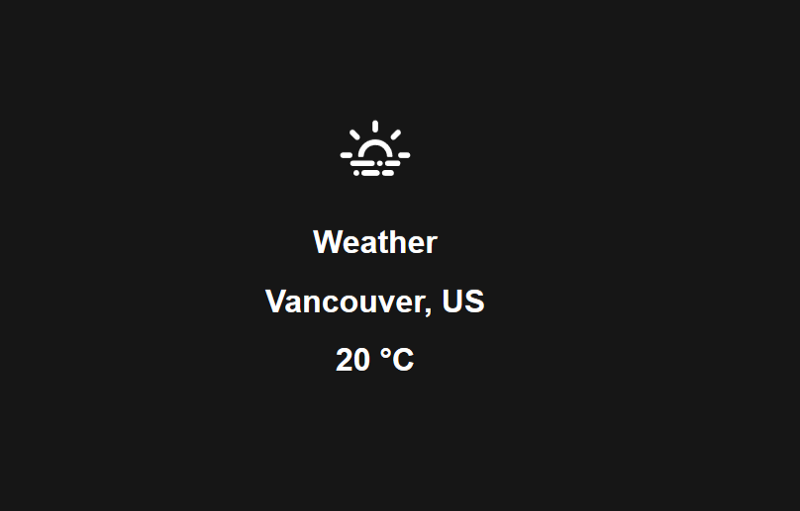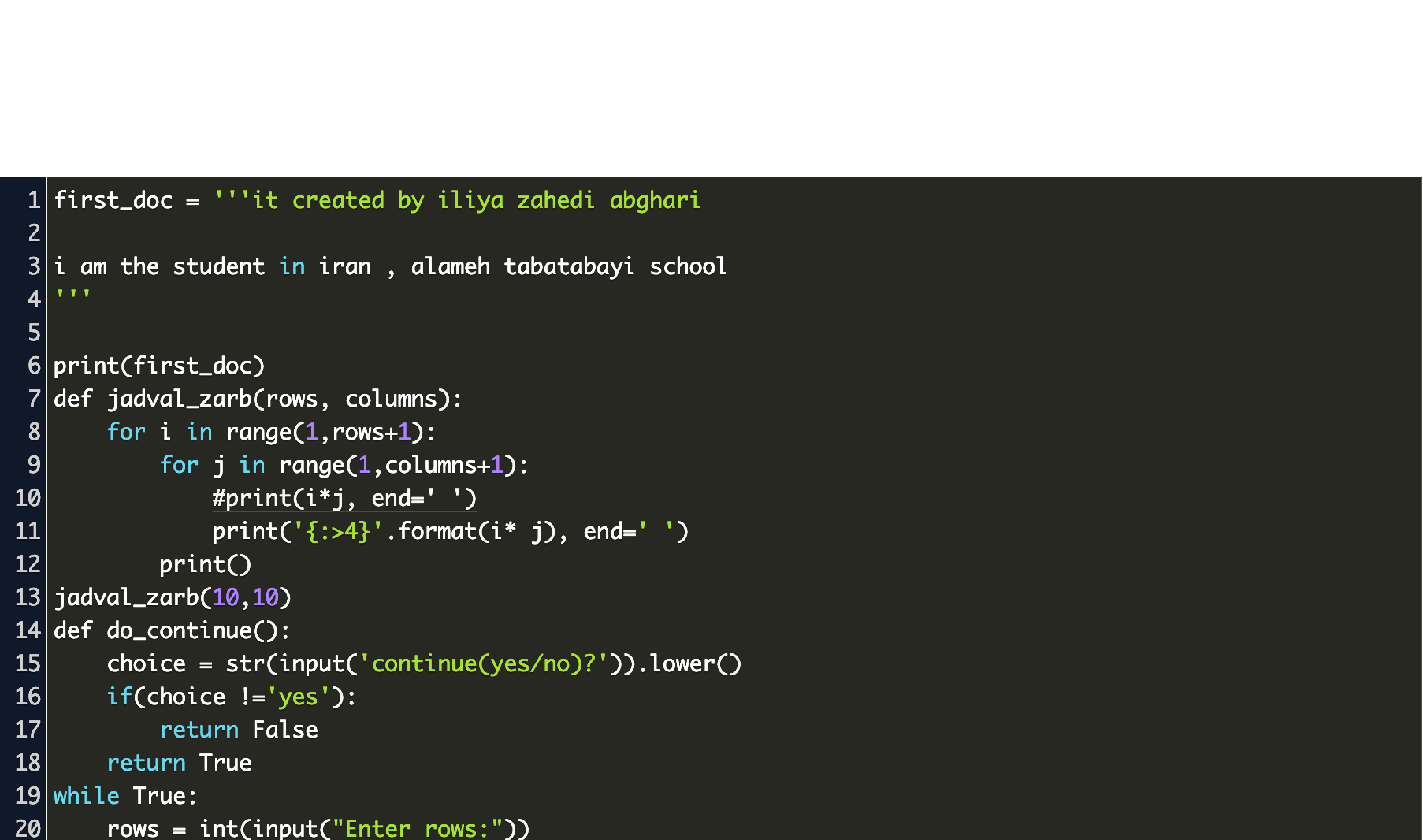

All components can take variations in color, that you can easily modify using SASS files.
#FLASK CHEAT SHEET PRETTY PRINTED FREE#
Volt is a free and open source Bootstrap 5 Admin Dashboard featuring over 100 components, 11 example pages and 3 customized plugins. Open-Source Flask Dashboard coded with basic modules, database, ORM and deployment scripts on top of Volt Dashboard (free version), a modern Bootstrap dashboard design.
#FLASK CHEAT SHEET PRETTY PRINTED UPDATE#
Update PROJECT_ROOT/app/_init_.py as below: # Setup database def initialize_database ():ġ0# - List users via Flask shell $ flask shell The second method is to create the tables automatically at the first request using a hook provided by Flask. The User tables can be created using flask shell: $ flask shell Update PROJECT_ROOT/app/_init_.py to use the model: from flask_sqlalchemy import SQLAlchemy SQLALCHEMY_DATABASE_URI = 'sqlite:///' + os.path.join(basedir, 'db.sqlite3') TESTING = False # This will create a file in FOLDER Update PROJECT_ROOT/app/config.py with the Database connection string: class BaseCfg (object): User = db.Column(db.String( 64), unique = True)Įmail = db.Column(db.String( 120), unique = True)ĭef _init_ (self, user, email, password):

Id = db.Column(db.Integer, primary_key= True) Update PROJECT_ROOT/app/_init_.py to use it: from flask import FlaskĪpp.om_object(config.DevelopmentCfg) # Flask Template Example Result: īy accessing in the browser, we should see:ĩ# - Define a model with SQLAlchemy using SQLiteĬreate PROJECT_ROOT/app/models.py with the following content: from flask_sqlalchemy import SQLAlchemy

TESTING = True class ProductionCfg (BaseCfg): TESTING = True class TestingCfg (BaseCfg): TESTING = False class DevelopmentCfg (BaseCfg): Classified as a microframework, Flask aims to keep the core of its framework small but highly extensible.ģ# - Creating an isolated environment $ python -m venv flask_envĪctivate virtual environment $ source flask_env/bin/activateĭeactivate virtual environment $ deactivateĤ# - A super simple Flask app from flask import FlaskĪpp = def hello (): return f'Hello from Flask!'ĥ# - Start the app $ env FLASK_APP=hello.py flask runĬreate a new config file in the project root:Īdd content using OOP and class inheritance class BaseCfg (object): It is designed to make getting started quick and easy, with the ability to scale up to complex applications.


 0 kommentar(er)
0 kommentar(er)
